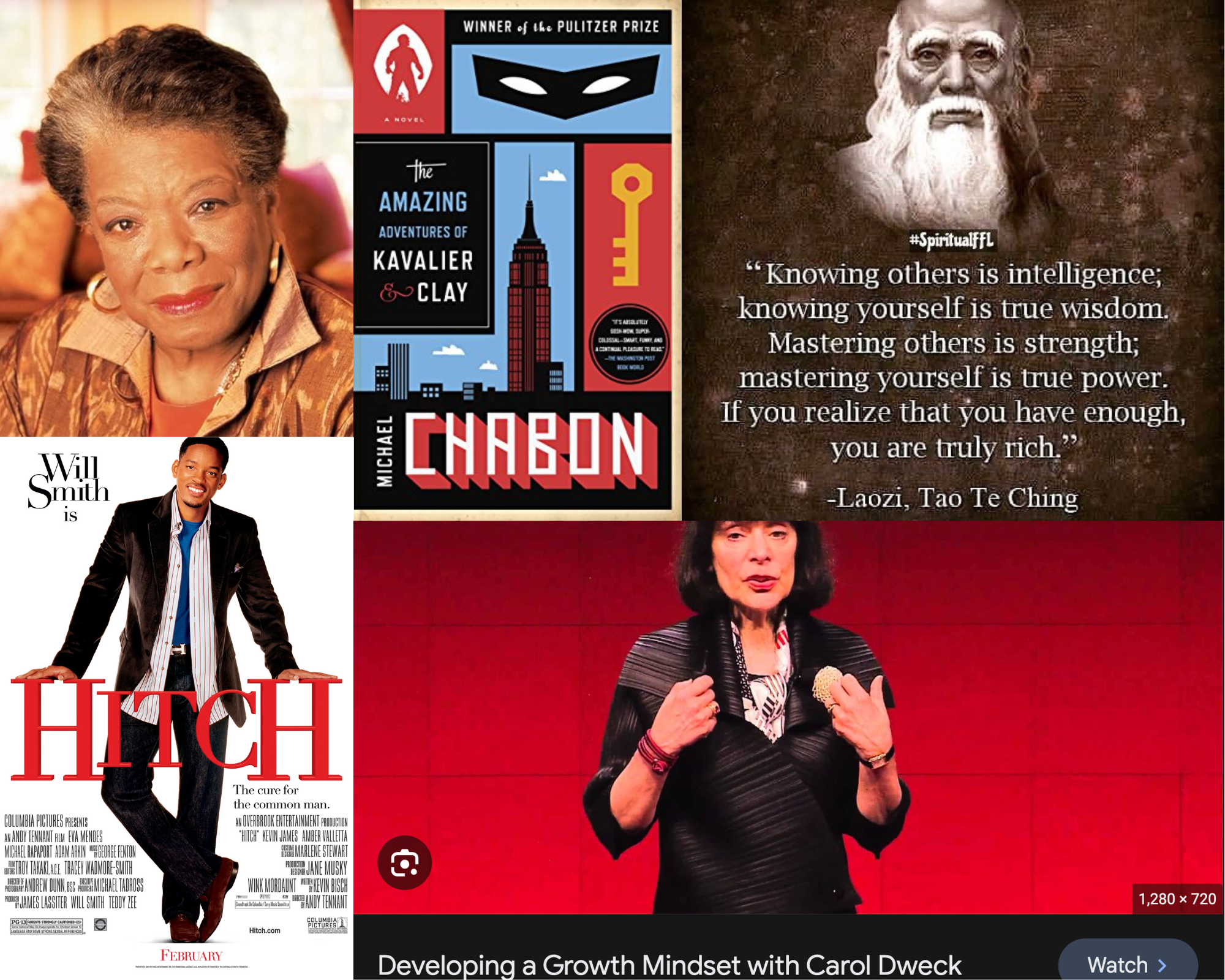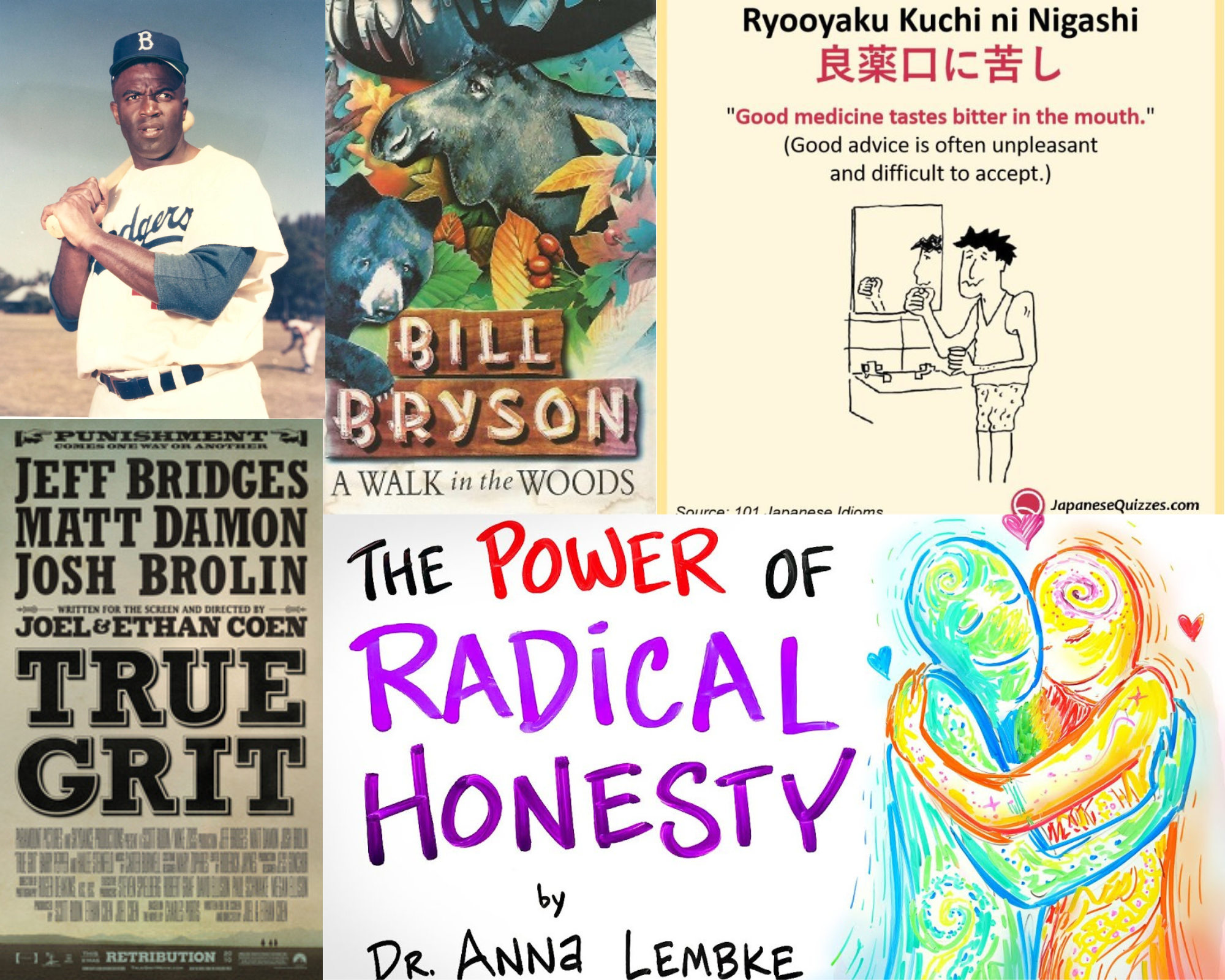Sunday Supplement #164 (June 30th, 2024)
Below is another Sunday Supplement with a quote worth sharing, a book worth reading, a movie worth watching, brainfood worth consuming, and a spiritual passage worth pondering.
Please take something away from these recommendations that enriches your week ahead!
Quote of the Week:
“Living with intention means saying no to the things that aren’t important so we can say yes to what matters most.”
– Crystal Paine
Book of the Week:
Jaws – Peter Benchley
Most people have seen or at least heard of Stephen Spielberg’s film Jaws, which is often described as the original Summer Blockbuster movie.
That movie was based on Peter Benchley’s horror novel. After watching the film, I was curious to read the book. I was surprised to find the differences between the two.
The story follows the fictional seaside town of Amity as it becomes plagued by the attacks of a great white shark.
Chief Brody leads the attempts to kill the shark, with help from Quint, a shark hunter, and Hooper, an ichthyologist.
Mafia ties, affairs, and who dies are a few differences between the book and the film. I recommend Jaws for summer reading if it piques your interest.
Movie of the Week:
The 1957 film The Bridge on the River Kwai is based on the 1952 novel. It follows a group of British POWS who are forced to build a railway bridge for their Japanese captors in Burma.
A standoff ensues between officers and camp commandant Colonel Saito. Neither party knows that a commando raid is planned to destroy the bridge.
Without spoiling too much of the film, the last thing I’ll say is that its leading characters are excellently written. The intentions and ambitions of both dominate the story.
The film won seven Academy Awards, including Best Picture. Alec Guinness won Best Actor in a Leading Role for Colonel Nicholson, and Sessue Hayakawa was nominated for Best Actor in a Supporting Role for Colonel Saito.
There’s some great history behind the making of the film, including McCarthy-era reasons for the screenwriters (Carl Foreman and Michael Wilson) not receiving credit.
I love it when old films stand up to modern viewing; some even cast shadows over what’s made today. The Bridge on the River Kwai looms large in Cinema history and deservedly so.
Brainfood of the Week:
The Optimal Morning Routine – Andrew Huberman | After Skool
Andrew Huberman, Ph. D., a neuroscientist and Professor at Stanford University School of Medicine, provides examples of practical tools for optimizing your morning routine.
In this video, Huberman discusses how sunlight in the morning affects your circadian rhythm, how caffeine intake can cause crashes depending on when you have your first cup of coffee, and how exercise and cool showers can benefit and kickstart your day.
The video is 16 minutes long and will surely provide a useful tip for you to add to aid your morning routine. If you enjoyed this video, check out my other Sunday Supplement featuring Andrew Huberman.
After Skool animates the background for videos of various life lessons presented by individuals and texts. I’ve featured their channel in a few previous Sunday Supplements.
Closing Spiritual Passage:
“Free from expectations and the sense of ownership, with the mind and intellect fully controlled, they incur no sin even though performing actions by their body.”
– Bhagavad Gita 4:21
I found this Bhagavad Gita verse an interesting look at intention and how we view the results of our actions.
This verse speaks to the idea that if we do our best and have just intentions, a bad result does not add negative karma to our lives.
An example would be telling someone a harsh truth. If someone takes this poorly, it is not your fault. However, the delivery of a harsh truth must be done with the best intentions, genuinely seeking to help.
It’s easy to think your intentions are pure while not reflecting on your actions. For me, this verse is a reminder to diligently observe your thoughts and intentions before acting.
Align your thoughts and intentions with your actions, and have a blessed week ahead!
Comments closed

